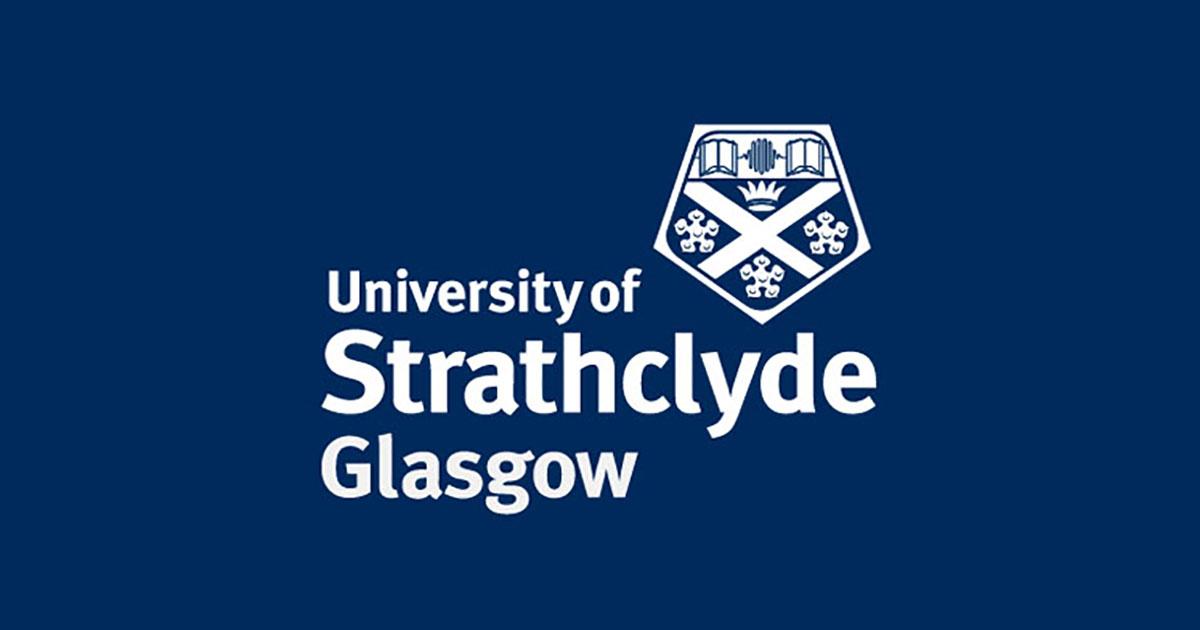The University of Strathclyde has a fantastic fully funded PhD opportunity, looking at ‘Protecting Our Seas Using Computers: Modelling and forecasting the expansion of a highly invasive seaweed’
In this project, you will meet with the challenge of developing an individual based model to simulate the growth and dispersal of a highly invasive seaweed (Japanese eelgrass) driven by coastal ocean currents.
Project Details
In this project, you will meet with the challenge of developing an individual based model to simulate the growth and dispersal of a highly invasive seaweed (Japanese eelgrass) driven by coastal ocean currents. This alien seaweed has been identified as one of the top invasive species threatening UK coastal environments. The project mainly consists of two model components: a biological part (life history model) and a physical part (particle tracking model). The ocean currents will be derived from a state-of-art unstructured grid Finite Volume Community Ocean Model (FVCOM) specifically targeted to UK coastal seas. The model outputs will be fitted against field observational data and the parameters will be optimised by Bayesian inference such as Metropolis-Hastings Monte Carlo sampling.
It is anticipated that your model codes and results will provide invaluable information for prediction of this notorious invasive seaweed. Your mathematic, statistical, and programming skills are expected to be substantially sharpened during the PhD training. You will also have the invaluable opportunity to work on the high-performance computing system in Strathclyde. These skills will be very useful for securing some of the most popular jobs in this Big Data era.
You will mainly work within the Marine Population Modelling group, Department of Mathematics and Statistics, University of Strathclyde. You will also be co-supervised by Dr. Andrew Blight and Prof. David M. Paterson in the School of Biology, University of St Andrews and will also have the opportunity to work with the physical ocean modelers in Marine Scotland.
Qualifications
Applicants should have or expect to obtain a good honours degree (1, 2.1, or equivalent) in applied mathematics, statistics, ecology, or a highly quantitative science. Experience of numerical modelling and programming in Fortran or R would be beneficial.
How to apply
To apply, send 1) a complete CV, 2) a 1 page personal statement explaining your interests and skills for this project, and 3) names and contact information of three references to the lead supervisor, Dr Bingzhang Chen, Department of Mathematics and Statistics, University of Strathclyde, Glasgow at This email address is being protected from spambots. You need JavaScript enabled to view it..
This fully funded 3 year studentship will remain open only until filled. So, it is recommend to apply immediately.
The preferred starting date is 30 September 2019.
We value diversity and welcome applications from all sections of the community.
For more information, go to the University of Strathclyde website.
The University currently holds a Bronze Athena SWAN award, recognising our commitment to advancing women’s careers in science, technology, engineering, maths and medicine (STEMM) employment in academia.
Funding Notes
This studentship is funded by the University of Strathclyde and is open to all nationalities. However, it is expected that non-EU/UK students should bring their own funding to match up with the extra international fee.
Background reading
Sigman, D. M., & Boyle, E. A. (2000). Glacial/interglacial variations in atmospheric carbon dioxide. Nature, 407, 859. Laws, E. A., Falkowski, P. G., Smith Jr, W. O., Ducklow, H., & McCarthy, J. J. (2000). Temperature effects on export production in the open ocean. Global Biogeochemical Cycles, 14, 1231-1246.
Cael, B.B. and Follows, M.J., 2016. On the temperature dependence of oceanic export efficiency. Geophysical Research Letters, 43, 5170-5175. Chen, B. and Laws, E.A., 2017. Is there a difference of temperature sensitivity between marine phytoplankton and heterotrophs?. Limnology and Oceanography, 62, pp.806-817.
Story by the University of Strathclyde





